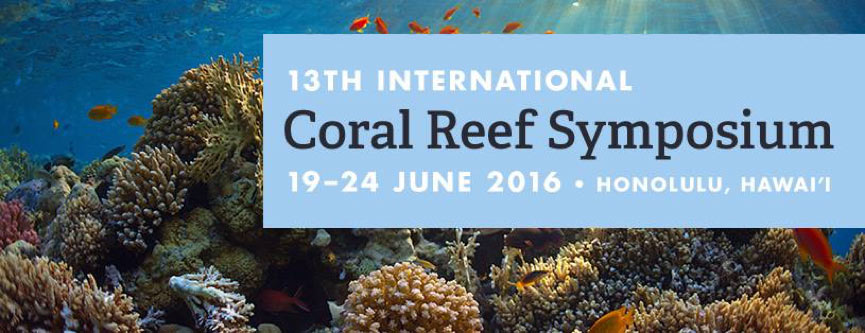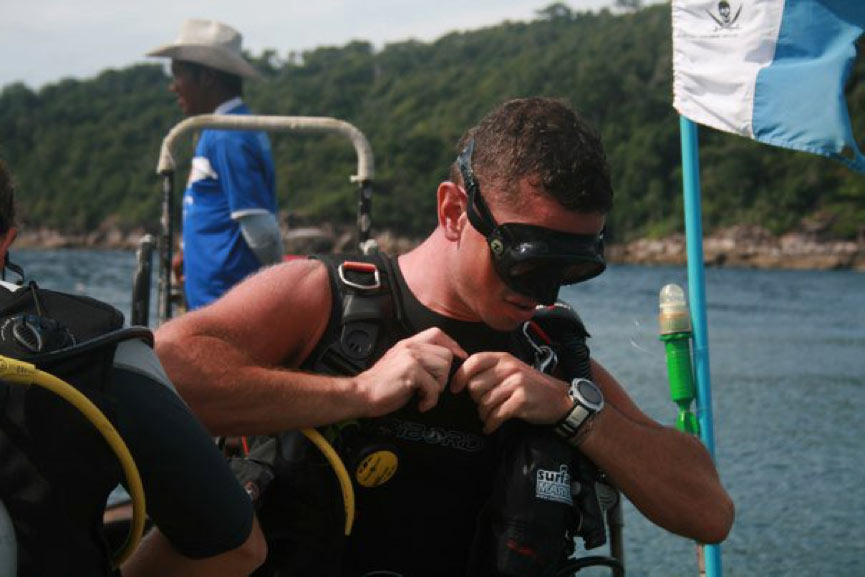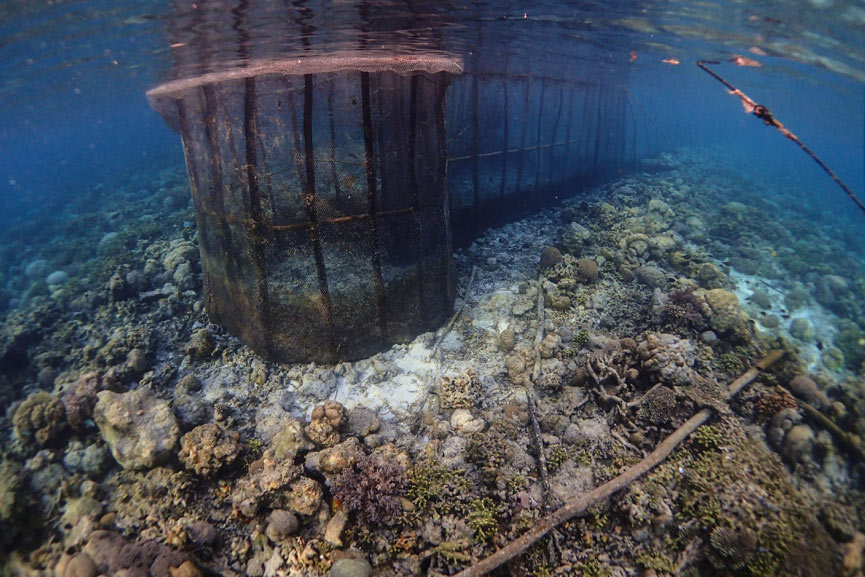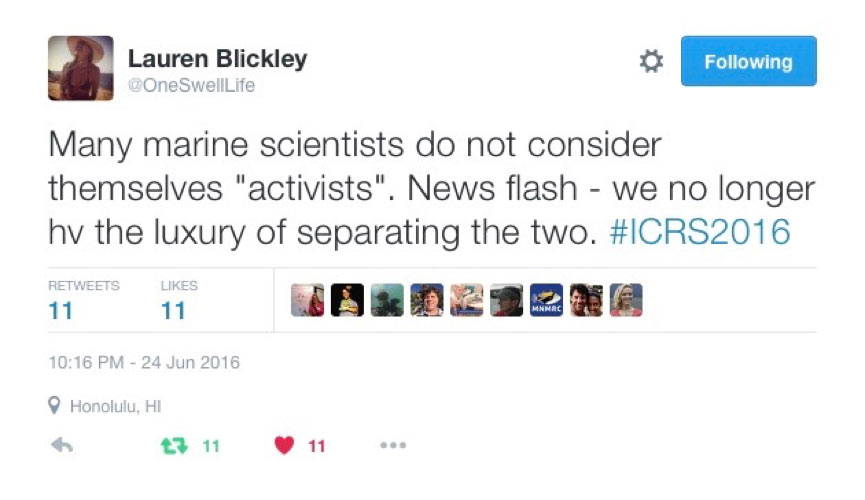
The International Coral Reef Symposium (ICRS) is the primary international meeting for researchers who are focused on coral reef science and management. In fact, as a conference it has a similar ecosystem focus to the International Seagrass Biology Workshop (ISBW) that we will be hosting in Wales this coming October.
The Symposium, held in Hawai’i last week brought together over 2,500 coral reef scientists, policy makers and managers from around 100 different nations in a forum to present the latest research findings, case histories and management activities, and to discuss the application of scientific knowledge to achieving coral reef sustainability.
Coral reefs are one of our planets most bountiful ecosystems and they provide essential ecological, economic and cultural services to the people of tropical and subtropical islands and coastal communities worldwide.

Coral reefs can be are a huge source of income to adjacent coastal communities through eco-tourist activities.
Latest estimates suggest coral reefs provide close to US$30 billion each year in goods and services, so not only are do they support enormous biodiversity they are also of immense value to humankind.
However, whilst scientific knowledge about coral reefs has increased exponentially over the past few decades, the state of reefs globally has declined during this period.

Globally coral reef ecosystems are being degraded. Multiple stressors from the global actors of climate change, ocean acidification and overfishing to localized habitat destruction (above) are all contributing to habitat loss.
To address this disconnect, the theme of the 13th ICRS was “Bridging Science to Policy”, with specific goals focusing on:
- Improving trust and communications among scientists, policy makers, managers and stakeholders.
- Developing strong partnerships between political leaders and the scientific community.
- Guiding efforts and strategies for effective allocation of limited financial, human and institutional resources to halt and reverse coral reef decline locally and globally.
- Developing a framework for quantitatively evaluating the effectiveness of coral reef protection and recovery activities and initiatives by applying the best available science.
The ICRS is of course devoted to the best reef science available, with the purpose of sharing scientific findings with government agencies, resource management, and non-government organizations throughout the world. Such conferences are immensely important because they provide the international science community with a platform to:
- Increase global knowledge and interest in coral reefs, including sustainable use and conservation strategies;
- Showcase successful science, conservation and management efforts;
- Develop collaborations and partnerships to increase international capacity to address coral reef issues; and
- Increase global awareness of reef degradation and possible solutions by extensive promotion in the media.
It is exactly through increasing global awareness and the developing of collaborations and partnerships that we as a global community are likely to address global challenges, and it is for this reason that so many scientists are being encouraged to take the Oceans Online. To conserve the world’s oceans we must go beyond just the production of science, but to also use it to inform policy and management, and ultimately to catalyze change. This change will only happen if we can reach out to all stakeholders, and work together with a common purpose, for many this means stepping up to the challenge of becoming public advocates for our natural environment.

Many marine scientists are taking the #OceansOnline! Increasing global awareness of reef degradation whilst promoting possible solutions and #OceanOptimism.
There are already many scientists who have taken this message to heart and produce a wonderful array of online media through which to inspire and engage. For example a fantastic summary of the ICRS 2016 conference can be found here and outstanding leadership from all the signatories of the conference (the 2,500 scientists at the ICRS) imploring Australia to protect the Great Barrier Reef here.
So for all those involved in LIVE TWEETING from ICRS2016 – thank you! All that remains is to share and promote the ‘distilled down’ “Take-Home Messages” from the conference that are pertinent for us all to share in and acknowledge.
These are:
- Reefs are threatened, not doomed
- Climate change, pollution and overfishing are the 3 drivers that ALL have to be addressed
- Local, pro-active interventions can help to build resilience of reefs to climate change, but reefs cannot be climate-proofed
- Prevention is better than cure, but recovery is possible
- Scientists can help by spreading the message that reefs can still be saved if we actually try harder!
So let us also get to work!
#TeamSeagrass

